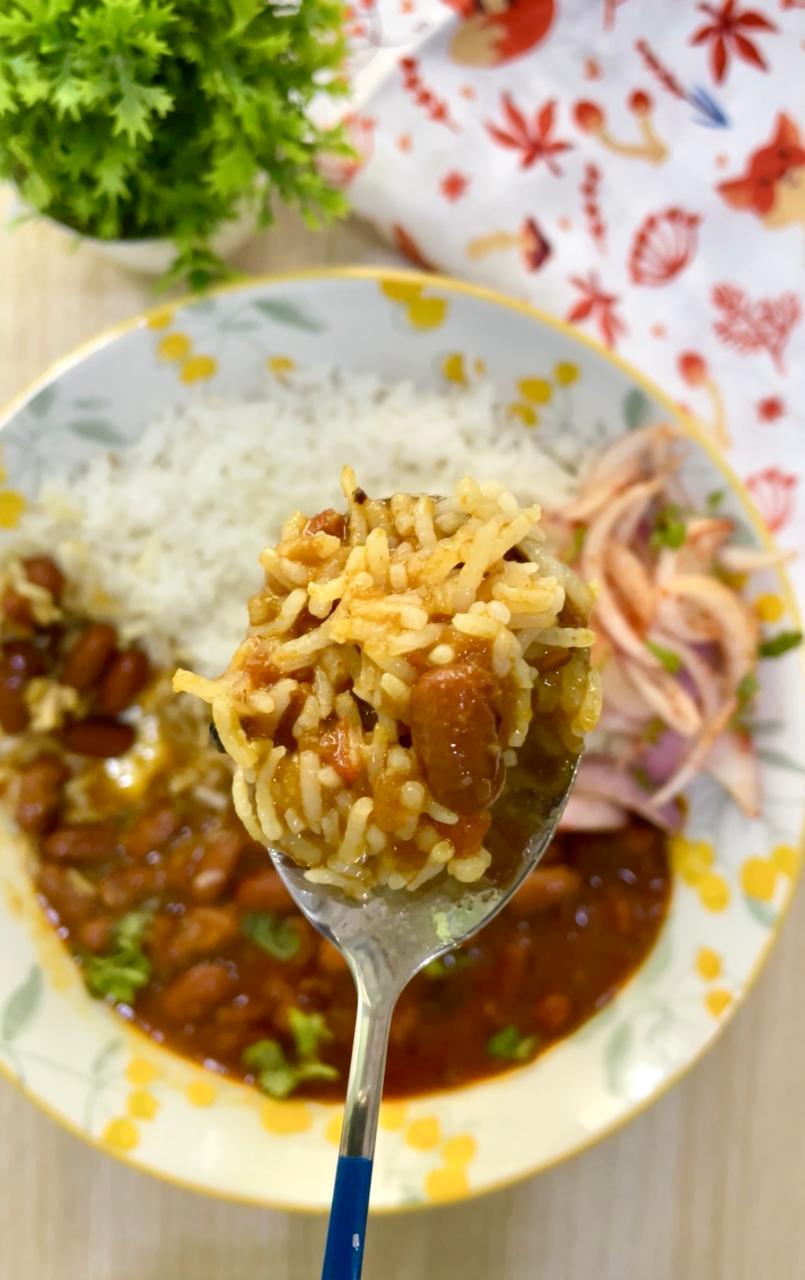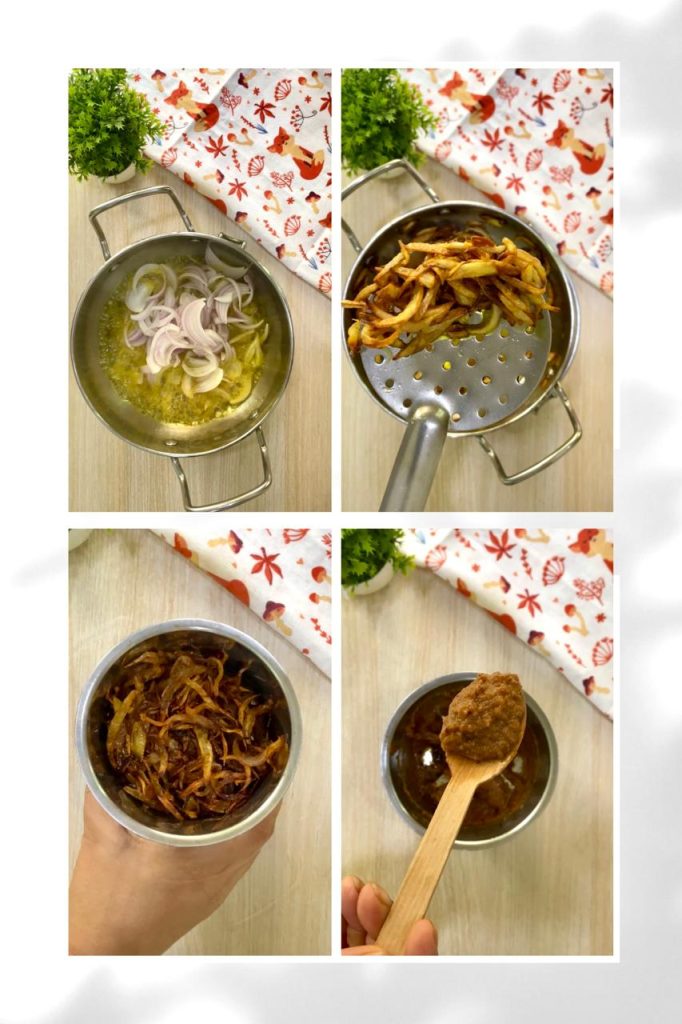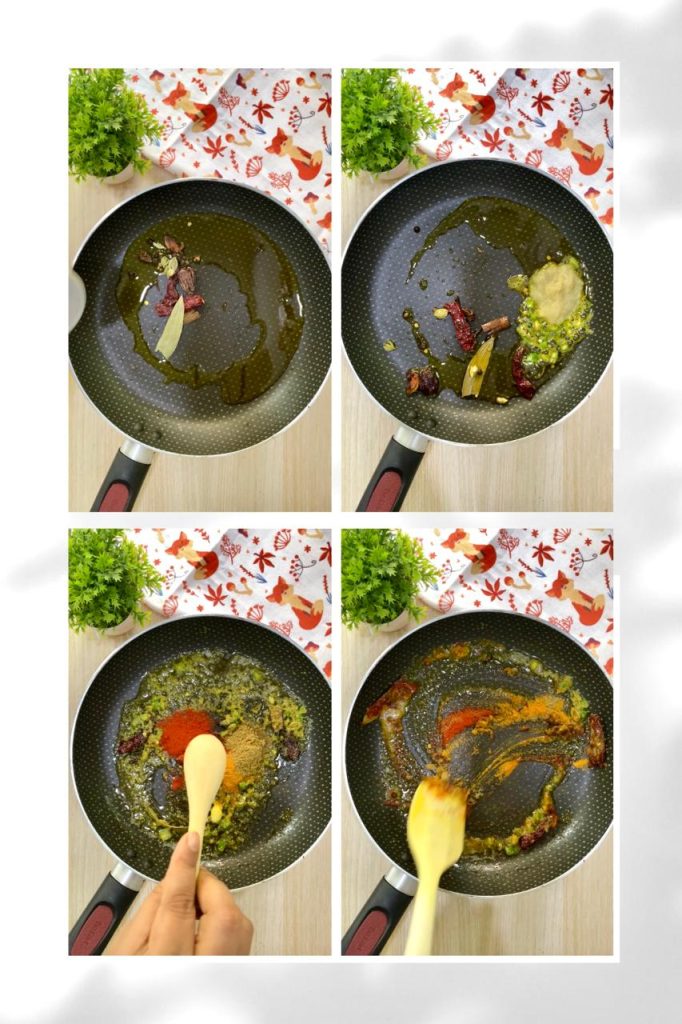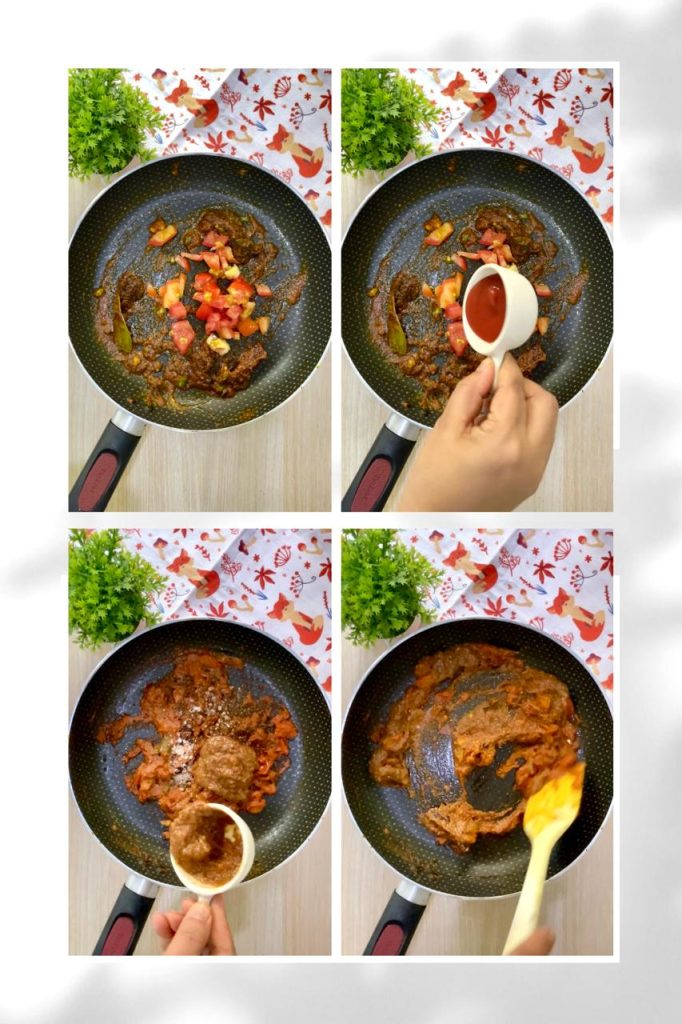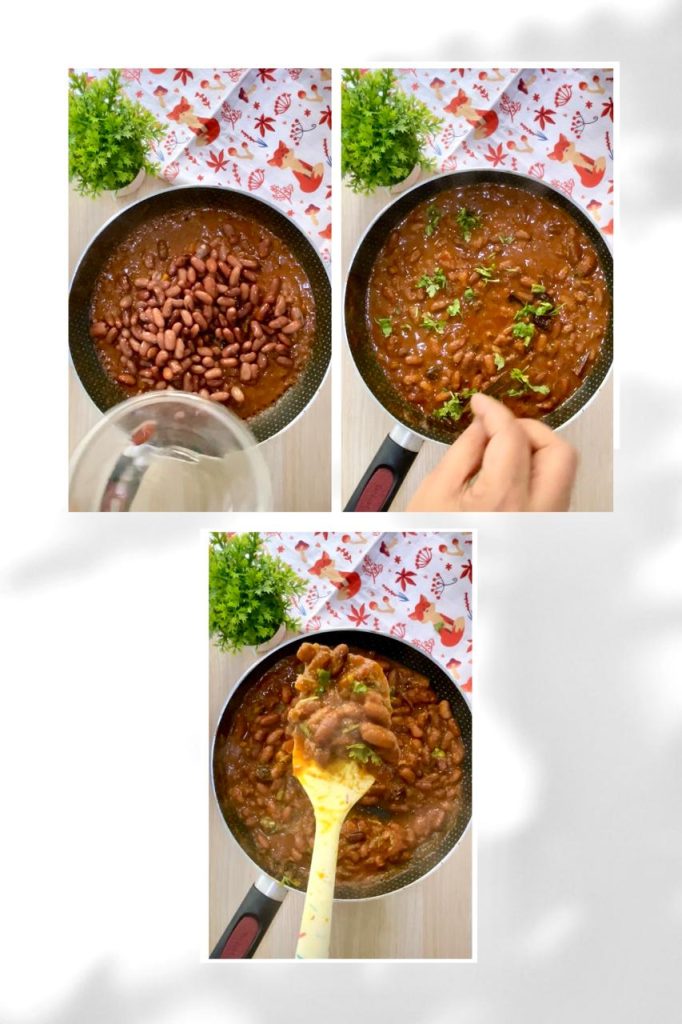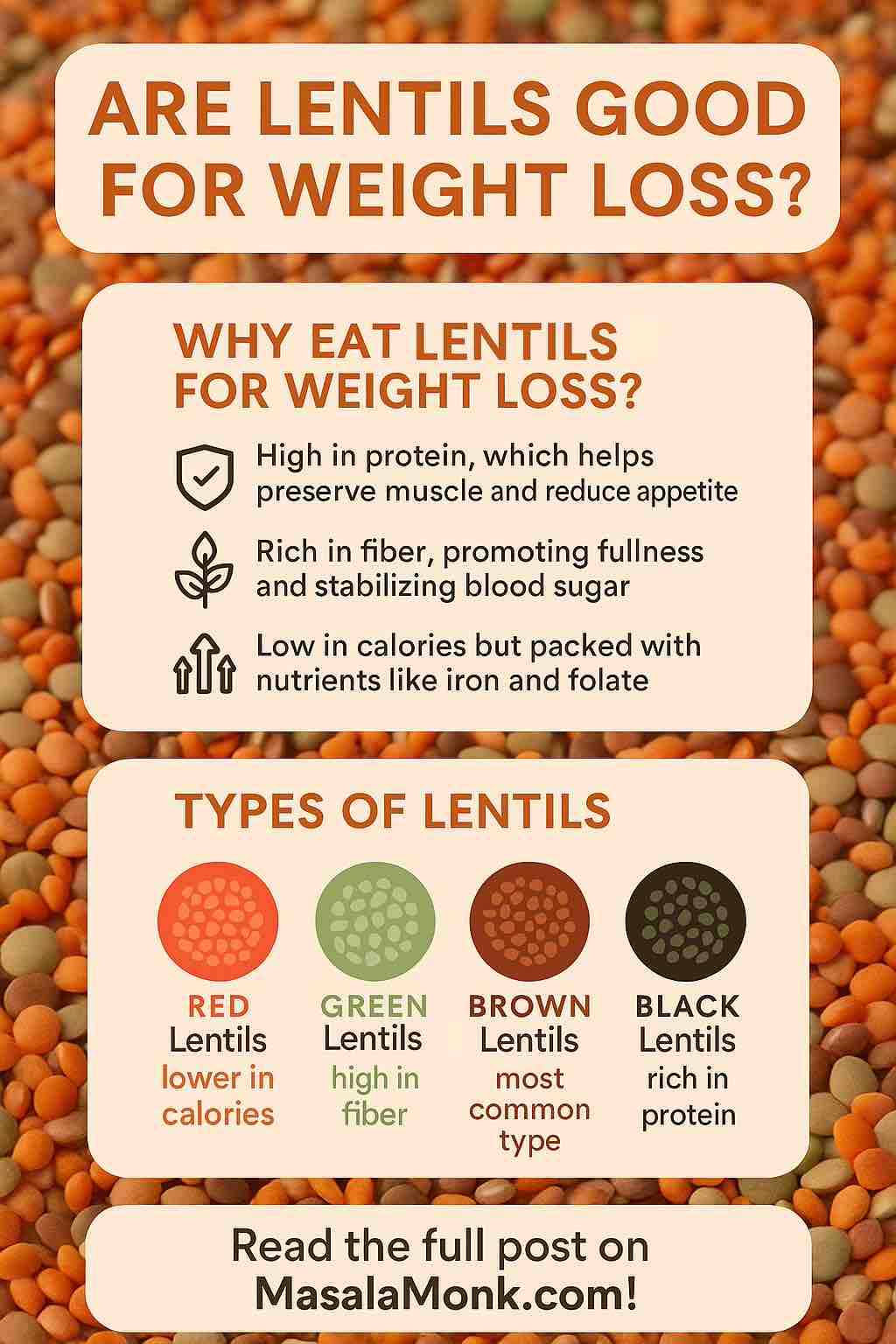
Lentils have been a dietary staple around the world for thousands of years, valued for their affordability, quick cooking time, and dense nutritional profile. In recent years, however, they’ve gained special recognition for their potential to support weight loss and fat reduction. So if you’ve ever wondered, “Are lentils good for weight loss?” or “Can lentils help you shed fat naturally?”, you’re not alone. These questions have become increasingly common as more people turn to whole foods for sustainable health results.
In this post, we’ll walk you through everything you need to know about lentils and weight loss—starting with the science behind their nutritional benefits, then moving into the best lentil types, cooking tips, and practical ways to incorporate them into your daily meals. Along the way, we’ll also answer common questions and share low-calorie lentil recipes that align with your weight management goals.
By the end, you’ll understand why lentils are often called a superfood for weight loss—and how you can use them strategically in your diet without worrying about unwanted weight gain.
My Person experience 147 Kgs to 90 Kgs: 3 Lentils for Fat Loss Win.
Why Lentils Are a Hidden Gem for Weight Loss
Let’s start with the basics. Lentils are small, mighty legumes packed with nutrients. But what makes them especially powerful for weight loss is their low calorie density, high fiber, and protein content. These three factors work together to keep you full, satisfied, and energized without overeating.
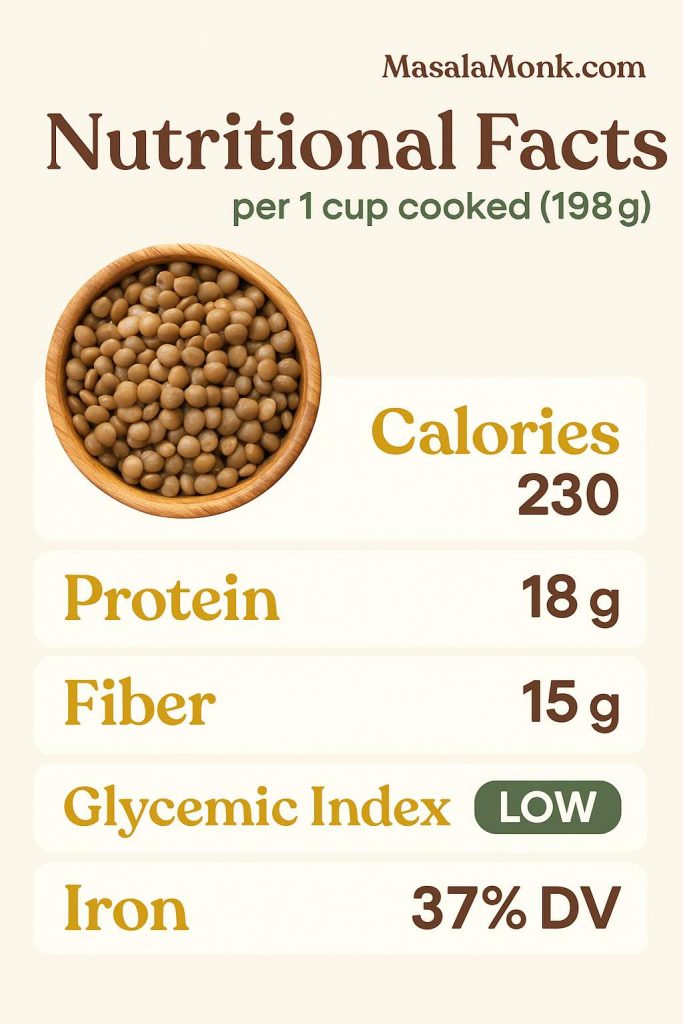
A Look at the Numbers
Here’s what one cup (about 198 grams) of cooked lentils offers:
- Calories: ~230
- Protein: ~18 grams
- Fiber: ~15 grams
- Fat: Less than 1 gram
- Glycemic Index: Low (21–30 depending on type)
In simple terms: You get a lot of food volume and nutrients, for relatively few calories. That’s a winning combo for weight loss.
Nutritional Profile of Lentils: Why They’re Great for Weight Loss
Before exploring how lentils affect weight loss directly, it’s important to understand their nutritional foundation.
1. Calorie Content
Lentils are relatively low in calories compared to many other protein-rich foods. For instance, one cup (about 198 grams) of cooked lentils provides approximately 230 calories. This makes them an excellent choice for those looking to reduce their calorie intake without sacrificing satisfaction or fullness.
2. High Protein Content
Protein plays a crucial role in weight loss because it helps maintain lean muscle mass while promoting satiety. Lentils offer around 18 grams of protein per cooked cup, which is impressive for a plant-based source. As a result, they serve as a smart alternative to animal proteins, especially for vegetarians and vegans focused on weight management.
3. Fiber-Rich Food
Another key benefit of lentils is their fiber content. A single cooked cup delivers about 15 grams of dietary fiber. This not only slows digestion and extends the feeling of fullness but also helps regulate blood sugar levels. Together, these effects can reduce overeating and curb unhealthy snacking—two essential factors in successful fat loss.
4. Low Glycemic Index
Lentils have a low glycemic index (GI), which means they release glucose into the bloodstream gradually. This helps maintain steady energy levels and reduces fat storage associated with insulin spikes. It’s especially beneficial for individuals managing insulin resistance or type 2 diabetes, which are commonly linked to excess weight.
5. Rich in Micronutrients
Beyond macronutrients, lentils provide a variety of essential vitamins and minerals that support metabolic health. These include:
- Iron, which aids in energy production and oxygen transport
- Magnesium, important for metabolism and muscle function
- Folate, which supports cell repair and DNA synthesis
- Potassium, which regulates fluid balance and blood pressure
These nutrients work together to support healthy metabolism and energy balance, both of which are foundational for sustainable weight loss.
Summary: Why Lentils Are Nutrient-Dense for Weight Loss
- Low in calories (230 per cooked cup)
- High in protein (18g) to promote satiety and preserve muscle
- Packed with fiber (15g) to aid digestion and reduce cravings
- Low glycemic index to support blood sugar control
- Rich in essential vitamins and minerals that fuel metabolism
Taken together, these attributes make lentils one of the best foods for healthy, long-term weight loss.
Are Lentils Good for Weight Loss? What Does the Science Say?
So, are lentils truly good for weight loss? The evidence strongly suggests they are.
How Lentils Promote Weight Loss
Lentils support fat loss through several mechanisms. First, their combination of protein and fiber increases satiety, helping you feel full longer and reduce overall calorie intake. Second, the fiber slows digestion and stabilizes blood sugar levels, preventing insulin spikes that lead to fat storage and sugar cravings.
Additionally, lentils contain prebiotic fibers that feed beneficial gut bacteria. An increasingly large body of research links a healthy gut microbiome with better weight regulation, reduced inflammation, and improved metabolic health.
Lentils are also low in caloric density, which means you can eat satisfying portions without consuming excessive calories. This makes them a great option for people who want to feel full while still creating a calorie deficit.
What the Research Really Says About Lentils and Weight Loss
When it comes to losing weight in a healthy, sustainable way, lentils offer more than just nutrition—they’re backed by science. From supporting satiety and gut health to regulating blood sugar and improving metabolic markers, here’s what the research shows.
Lentils Can Help You Eat Less Without Feeling Hungry
A systematic review and meta-analysis found that eating just one serving of pulses like lentils per day helped people lose weight—without making any other dietary changes. Participants also experienced improved cholesterol levels, further reinforcing lentils’ heart-healthy benefits.
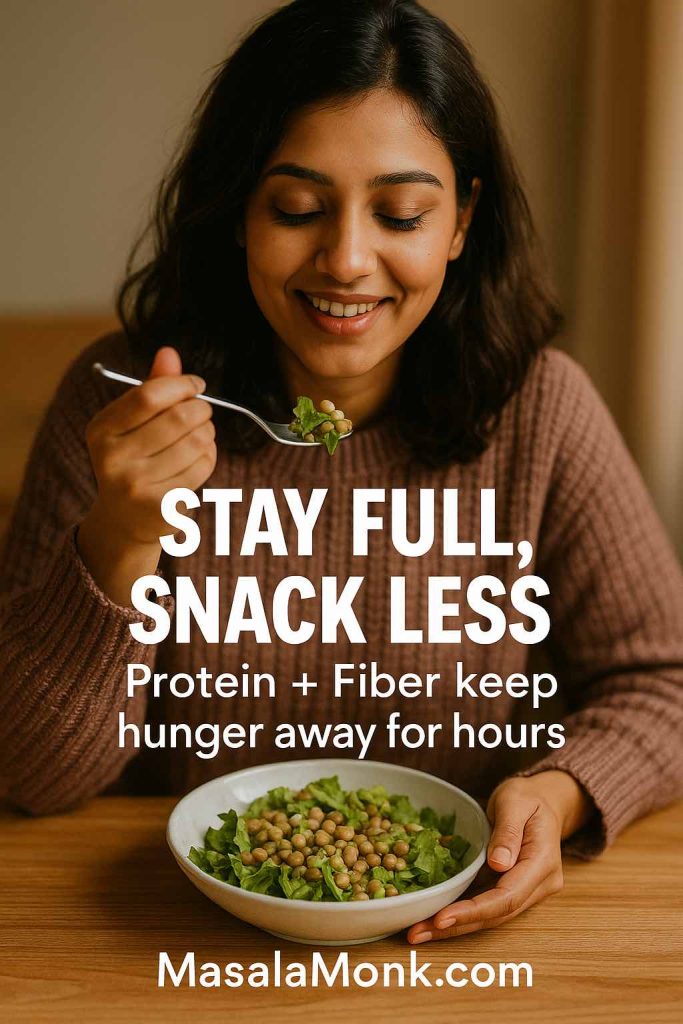
They Improve Blood Sugar and Inflammation
In a 2024 clinical trial, adults at higher metabolic risk who replaced meat with lentils saw notable improvements in their blood sugar response and inflammation markers—without reporting digestive discomfort. You can read more about that here.
Fiber and Resistant Starch Support Your Gut and Metabolism
Lentils are rich in both soluble and insoluble fiber, as well as resistant starch—components that help stabilize blood sugar, prolong fullness, and feed beneficial gut bacteria. According to Harvard’s School of Public Health, these properties make lentils a powerful tool in managing weight and improving digestion over time.
Lentils vs. Animal Protein: Why It Matters
Unlike red meat or cheese, lentils contain no cholesterol, are low in fat, and offer more fiber per gram. That’s why the Cleveland Clinic lists lentils as one of the best plant-based proteins for improving heart health and supporting weight loss.
Higher Fiber = Lower Risk of Disease and Death
A large 2022 study involving over 86,000 adults found that higher dietary fiber intake—including from lentils—was linked to significantly reduced risk of death from heart disease and cancer. For the full breakdown, check the Health.com report.
Which Lentils Are Best for Weight Loss?
While all lentils are healthy, some varieties may be slightly more effective for supporting weight loss due to their specific nutritional profiles.
Red Lentils
These cook quickly and have a soft texture, making them ideal for soups and purees. They’re slightly lower in calories and still provide a solid amount of protein and fiber.
If you’re looking for easy ways to use them, don’t miss these red lentil recipes that support weight loss.
Green Lentils
Known for holding their shape after cooking, green lentils are excellent in salads and side dishes. They typically contain more fiber and slightly more protein compared to red lentils.
Brown Lentils
As the most commonly available type, brown lentils are highly versatile. They have a balanced ratio of protein to fiber and work well in stews, curries, and mixed dishes.
Black Lentils (Beluga)
These small, shiny lentils are dense in protein, fiber, and antioxidants. They also have the lowest caloric content per gram, making them especially nutrient-dense for those focused on weight loss.
You can explore some of our favorite black lentil recipes designed for weight loss.
Which Lentil is Best?
If you’re targeting maximum fiber and protein per serving, green and black lentils are excellent choices. However, all lentil types contribute positively to a weight loss plan. Feel free to choose based on your preferred flavor, texture, or recipe.
How to Eat Lentils for Weight Loss
Your preparation method can significantly influence how lentils support your weight loss goals.
Portion Control
Aim for one to two cups of cooked lentils per day to ensure you’re getting adequate protein and fiber without consuming too many calories. Keep in mind that lentils expand as they cook—one cup of dry lentils yields roughly 2.5 cups cooked.
Cooking Tips
Stick to healthy preparation methods. Avoid frying or using cream-based sauces, and instead opt for boiling, pressure cooking, or simmering in broth. Flavor them with herbs, spices, lemon juice, or low-calorie sauces.
You can also pair lentils with nutrient-dense, non-starchy vegetables like spinach, bell peppers, or cucumbers to add bulk and enhance their fat-burning benefits.
Eating Lentils Daily
Adding lentils to your meals every day can help reduce appetite, improve blood sugar stability, and promote steady energy throughout the day. Many people report feeling fuller and more satisfied when lentils are a regular part of their diet.
Healthy Recipe Ideas to Enjoy Lentils and Lose Weight
One of the best things about lentils—besides their nutrition—is how incredibly versatile and delicious they are. Whether you’re craving something warm and comforting, light and refreshing, or even something with a bit of a spicy kick, there’s a lentil recipe that fits. Here are some easy, healthy ideas to get you started.
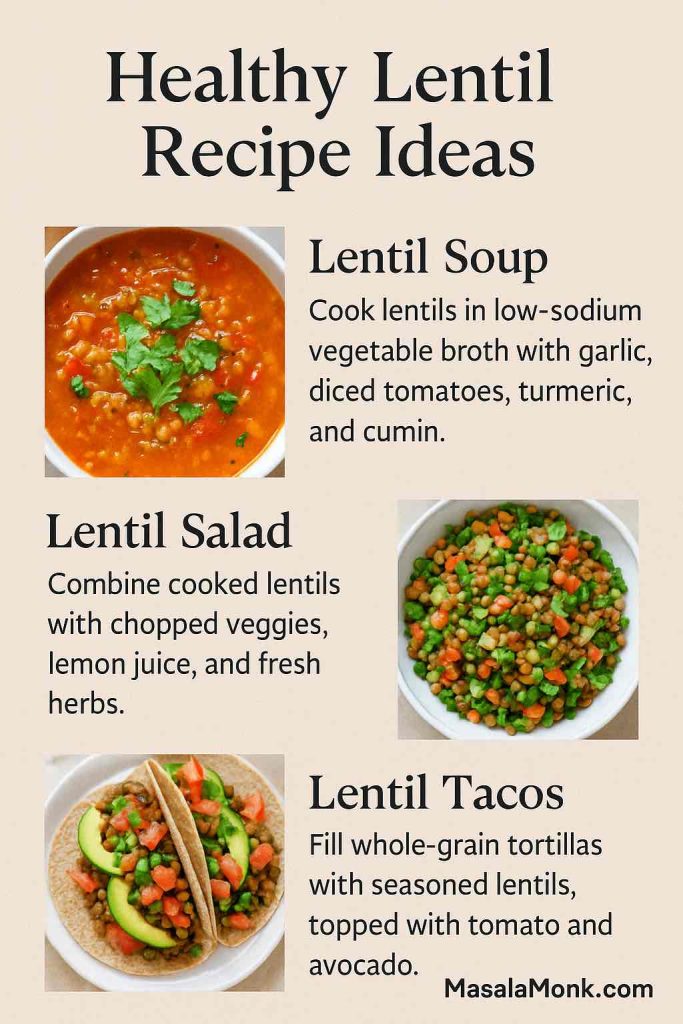
Lentil Soup (Comfort in a Bowl)
When you’re in the mood for something hearty and nourishing, lentil soup is a perfect choice. Start with a base of low-sodium vegetable broth, then add in diced tomatoes, chopped onions, garlic, and your favorite vegetables. To give it depth and warmth, season generously with spices like turmeric, cumin, paprika, and black pepper. Let it simmer until everything is tender and fragrant. It’s the kind of meal that feels like a hug on a cold day—and it just so happens to be great for your waistline, too.
For more inspiration, check out our vegan lentil soup recipes for weight loss.
Lentil Salad (Light, Fresh & Filling)
If you prefer something cooler and crisp, lentil salad is quick to throw together and endlessly customizable. Mix cooked green or brown lentils with chopped cucumbers, tomatoes, bell peppers, and red onions. Then drizzle with fresh lemon juice and olive oil, and toss in some fresh herbs like parsley or cilantro. For extra flavor, add a pinch of cumin or a splash of apple cider vinegar. It’s a refreshing meal or side that keeps you full without weighing you down.
Lentil Tacos (Plant-Based and Packed with Flavor)
Looking for a fun and creative way to use lentils? Try turning them into taco filling! Cook lentils with onions, garlic, cumin, chili powder, and a bit of tomato paste or crushed tomatoes. Once thickened, scoop the mixture into crisp lettuce wraps or whole-grain tortillas. Top with shredded cabbage, avocado slices, fresh salsa, or a dollop of Greek yogurt. It’s a satisfying, protein-rich dinner that even meat-lovers will enjoy—plus it’s completely customizable.
Lentil Curry (Rich, Warming, and Satisfying)
Nothing beats a cozy lentil curry when you want something deeply satisfying but still healthy. Red or brown lentils work especially well here. Sauté garlic, onions, and ginger in a bit of oil, then add curry powder, cumin, and turmeric. Stir in crushed tomatoes and your lentils, and let everything simmer until soft and creamy. You can toss in some spinach or cauliflower for added fiber and nutrients. Serve with a small portion of brown rice or enjoy it on its own for a one-pot, plant-powered meal.
Lentil Diet Plans and Tips for Weight Loss
Incorporating lentils into your daily meals doesn’t have to be complicated. In fact, once you get into the rhythm of it, they can become the foundation of a delicious, nutrient-dense eating routine that supports steady, sustainable fat loss.
To help you get started, here’s a simple one-day sample meal plan that shows how easy it is to make lentils a part of your day. Of course, you can mix and match ingredients to suit your tastes, and feel free to swap in seasonal produce or different proteins as needed.
For those who like to prep ahead, here are some plant-based high-protein lentil meal prep ideas that work beautifully for weight loss.
🥣 Breakfast: Light, Energizing, and Fiber-Filled
Begin your day with a breakfast that’s both light and satisfying. A fruit and nut bowl is a great place to start—think sliced banana, berries, a handful of almonds or walnuts, and maybe a sprinkle of chia or flax seeds for added fiber. This kind of meal helps regulate your appetite and sets the stage for more mindful eating throughout the day.
Alternatively, if you’re someone who prefers to drink their breakfast, a smoothie is a fantastic option. Blend almond milk or oat milk with a scoop of protein powder, frozen berries, spinach, and a spoonful of nut butter or flaxseed. It’s quick, refreshing, and keeps you fueled all morning.
🥗 Lunch: Refreshing, Filling, and Balanced
By midday, you’ll want something that’s hearty enough to fill you up, yet balanced enough to avoid that post-lunch slump. A lentil salad checks all the boxes. Start with a base of cooked green or brown lentils, and add in chopped cucumber, cherry tomatoes, red onion, and mixed greens. Then drizzle on a dressing of lemon juice and olive oil for a fresh, zesty flavor.
For an extra protein boost, consider adding grilled tofu, a boiled egg, or lean grilled chicken. This kind of lunch offers the perfect mix of fiber, protein, and healthy fats to carry you through the afternoon without cravings.
🥕 Snack: Crunchy, Satisfying, and Guilt-Free
Rather than letting hunger sneak up on you later in the day, plan ahead with a simple, wholesome snack. Raw vegetables like carrots, bell peppers, or cucumber slices pair well with a few tablespoons of hummus. If you’re in the mood for something crunchy, try roasted chickpeas or a small handful of almonds or pumpkin seeds.
Not only do these snacks satisfy your taste buds, but they also help keep your energy levels steady between meals—so you’re less likely to overeat at dinner.
🍛 Dinner: Comforting, Nutrient-Dense, and Easy to Prepare
As the day winds down, dinner should be comforting yet light enough to support restful digestion and sleep. A bowl of lentil soup or a gently spiced lentil curry makes for the perfect evening meal. Use ingredients like garlic, onion, tomatoes, ginger, turmeric, and cumin to boost both flavor and health benefits.
To round out your plate, add a serving of steamed vegetables—such as broccoli, zucchini, or spinach—and if you need a little more substance, include a small portion of whole grains like brown rice or quinoa. This combination is not only delicious but also deeply nourishing and naturally supportive of your weight loss goals.
Key Tips
- Balance your meals by combining lentils with healthy fats and lean proteins
- Stay hydrated, especially when increasing your fiber intake
- Vary your meals to avoid boredom and improve nutrient diversity
- Exercise regularly to maximize fat loss
- Watch portions, even with healthy foods
Want More Lentil Inspiration?
If you’re excited to start cooking with lentils but want a bit more variety or meal prep guidance, we’ve got you covered. Whether you’re into comforting soups, quick salads, or prepping ahead for the week, these posts will give you fresh, weight-loss-friendly ideas.
Explore These Reader Favorites:
- Hearty and Nourishing: Vegan Lentil Soup Recipes for Weight Loss
Love soup season? Dive into a collection of cozy, plant-based lentil soup recipes that are low in calories and full of flavor—perfect for dinner or batch cooking. - Red Lentils for Weight Loss: Benefits and 5 Delicious Recipes to Try
If you prefer a softer, quicker-cooking lentil, red lentils are your best friend. Discover why they’re great for weight loss and how to turn them into easy meals. - Black Lentils: A Secret Weapon for Weight Loss and 5 Tasty Recipes
Looking for something a little more gourmet? Black (Beluga) lentils are tiny powerhouses packed with protein and fiber. Here’s how to make the most of them in your diet. - Boost Weight Loss with Beluga Lentils: Benefits and 5 Savory Recipes
These small, dark lentils don’t just look stunning on your plate—they’re also loaded with nutrients. Try out these savory dishes designed with weight loss in mind. - Plant-Based High-Protein Meal Prep Ideas: Using Lentils Instead of Chicken
If you’re trying to reduce your meat intake or just want to shake up your routine, this guide shows you how to swap chicken for lentils without sacrificing protein—or flavor.
These posts are full of practical tips, balanced meal ideas, and step-by-step recipes to keep your lentil journey exciting and effective.
Can You Eat Only Lentils?
Lentils are highly nutritious, but eating only lentils isn’t advisable for the long term. Your body requires a wide range of nutrients that only a varied diet can provide. For best results, use lentils as a base and build your meals around them using other whole foods.
Nutrition Chart of Common Types of Lentils (per 1 cup cooked, ~198g):
| Type of Lentil | Calories | Protein (g) | Fiber (g) | Carbs (g) | Fat (g) | Iron (% DV) | Glycemic Index |
|---|---|---|---|---|---|---|---|
| Red Lentils | 230 | 17.8 | 15.6 | 39.9 | 0.8 | 37% | Low (21–29) |
| Green Lentils | 230 | 18.0 | 15.6 | 39.0 | 0.8 | 35% | Low (22–30) |
| Brown Lentils | 230 | 18.0 | 15.0 | 39.9 | 0.8 | 36% | Low (29–32) |
| Black Lentils (Beluga) | 180 | 24.0 | 17.9 | 30.0 | 0.7 | 40% | Very Low (~21) |
| Yellow Lentils (Split Moong) | 210 | 14.0 | 15.4 | 38.0 | 0.7 | 28% | Moderate (~32–35) |
| Masoor Dal (Split Red Lentils) | 230 | 18.0 | 15.6 | 40.0 | 0.8 | 37% | Low (21–29) |
⚠️ Note:
- Nutritional values can vary slightly by source, preparation method, and origin of lentils.
- %DV (Daily Value) is based on a 2,000-calorie diet.
- Glycemic Index (GI) estimates are approximate and vary depending on processing and how lentils are cooked.
Key Takeaways:
- Best for Weight Loss (Fiber + Protein): Black lentils (Beluga)
- Most Versatile: Brown and green lentils (hold shape well, good for salads and soups)
- Quickest Cooking & Best for Soups/Purees: Red lentils and Masoor dal
- Gentlest on Digestion: Yellow lentils (Split Moong)
If you’re curious how to cook Beluga or Black Lentil creatively, don’t miss our guide on Beluga lentil benefits and recipes for fat loss.
Common Questions and Myths About Lentils and Weight Loss
Are lentils fattening?
Not at all. Lentils are naturally low in fat and calories, and they’re packed with fiber and protein—both of which actually help prevent overeating. As long as you’re not adding heavy cream or frying them in oil, lentils are one of the least “fattening” foods you can eat.
Can lentils cause weight gain?
Only if you’re consistently eating more calories than your body needs—including from lentils. But on their own, lentils are unlikely to cause weight gain. In fact, most people find that lentils help them feel full on fewer calories, which makes weight gain less likely.
Are lentils really good for weight loss?
Yes, absolutely. Lentils support weight loss in multiple ways—they keep you full, stabilize your blood sugar, and offer a high amount of protein and fiber without a lot of calories. Plus, they’re inexpensive and easy to prepare, which makes healthy eating more sustainable.
Is dal good for weight loss?
It can be! Dal—essentially lentil stew—is great for weight loss when made with minimal oil and plenty of vegetables. Use spices like cumin, turmeric, and coriander to add flavor without the extra calories. Just avoid adding too much ghee, butter, or fried toppings.
How much lentils should I eat per day to lose weight?
Around 1 to 2 cups of cooked lentils per day is a good target. That gives you enough fiber and protein to feel full and satisfied without going overboard on calories.
Can I eat lentils every day?
Yes, and many people do. Lentils are gentle on digestion, easy to cook, and work well in a variety of meals. Just be sure to also eat a range of other foods—like vegetables, fruits, whole grains, and healthy fats—for balanced nutrition.
Which lentils are best for weight loss?
Green and black lentils are often considered the best for weight loss because they’re slightly higher in fiber and protein. But all lentils—red, brown, yellow—are good choices, so feel free to mix it up based on what you enjoy eating.
What’s the best way to cook lentils for fat loss?
Boiling or pressure cooking is best. Avoid frying or adding high-calorie ingredients like cream or lots of oil. Instead, season with herbs, lemon, garlic, or low-sodium broth for flavor without the calories.
Do lentils help with belly fat?
Lentils won’t “target” belly fat specifically, but because they help reduce overall calorie intake and improve blood sugar balance, they can support full-body fat loss—including belly fat—when combined with a healthy diet and regular exercise.
What happens if I eat lentils for 30 days?
Most likely, you’ll feel more full, snack less, and notice more stable energy levels. Some people even report weight loss just from swapping processed carbs with lentil-based meals. Just be sure to keep meals balanced with other nutrient-rich foods.
Are lentils high in carbs?
They do contain carbohydrates, but they’re complex carbs paired with fiber and protein—which means they’re digested slowly and don’t cause blood sugar spikes. Unlike refined carbs, lentils keep you full and energized.
Can I eat lentils at night?
Yes, lentils are a great dinner option. Their fiber and protein can actually help prevent late-night snacking. Just keep portions reasonable and avoid pairing them with heavy, oily foods.
What’s healthier—lentils or rice?
Both can be part of a healthy diet, but lentils generally offer more protein, fiber, and nutrients per calorie. That said, combining lentils with small portions of whole grains like brown rice or quinoa gives you a balanced, satisfying meal.
Can lentils help reduce sugar cravings?
They can! Because they stabilize blood sugar and promote satiety, lentils help curb the cravings that come from energy crashes. Try having a lentil-based lunch and see how much more stable your afternoon energy feels.
Do I need to soak lentils?
Not always. Most lentils (especially red and yellow varieties) don’t require soaking. However, soaking can help reduce cooking time and may improve digestion for some people.
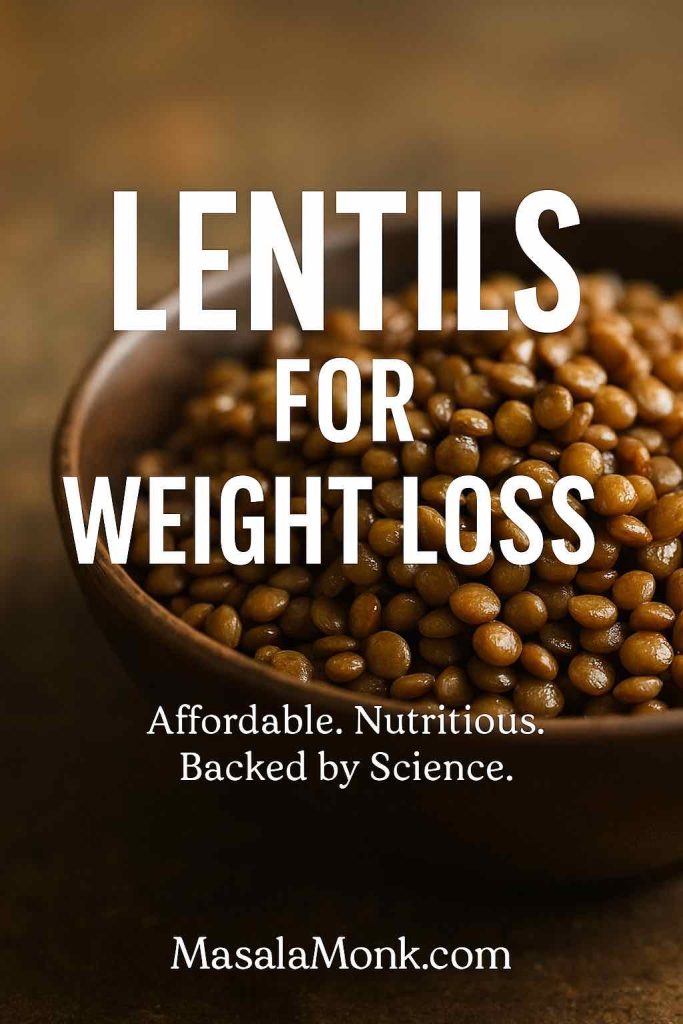
Final Thoughts: Why Lentils Are a Weight Loss Superfood
Lentils combine all the key qualities that support weight loss:
- Low in calories yet nutrient-dense
- High protein to preserve muscle and reduce appetite
- Rich fiber to control hunger and stabilize blood sugar
- Versatile and easy to incorporate into many meals
- Affordable and accessible for most diets
In summary, lentils offer a unique combination of nutrients that make them ideal for weight loss: they’re low in calories, yet rich in protein and fiber, which helps keep you full and satisfied.
Unlike many processed weight-loss products, lentils are natural, unprocessed, and incredibly versatile. Whether you prefer soups, salads, curries, or tacos, lentils can easily be integrated into your meals without sacrificing flavor or nutrition.
Moreover, their high fiber content aids digestion, their low glycemic index stabilizes blood sugar, and their impressive micronutrient profile supports your metabolism. All things considered, lentils are not just weight-loss-friendly—they’re one of the most effective, affordable, and accessible foods for anyone looking to lose weight in a healthy, sustainable way.
So, whether you’re starting your weight loss journey or looking to optimize your current diet, lentils deserve a place on your plate. By including lentils regularly in your diet—whether as soups, salads, curries, or snacks—you can enhance fullness, reduce overall calorie intake, and promote healthy fat loss without feeling deprived.

